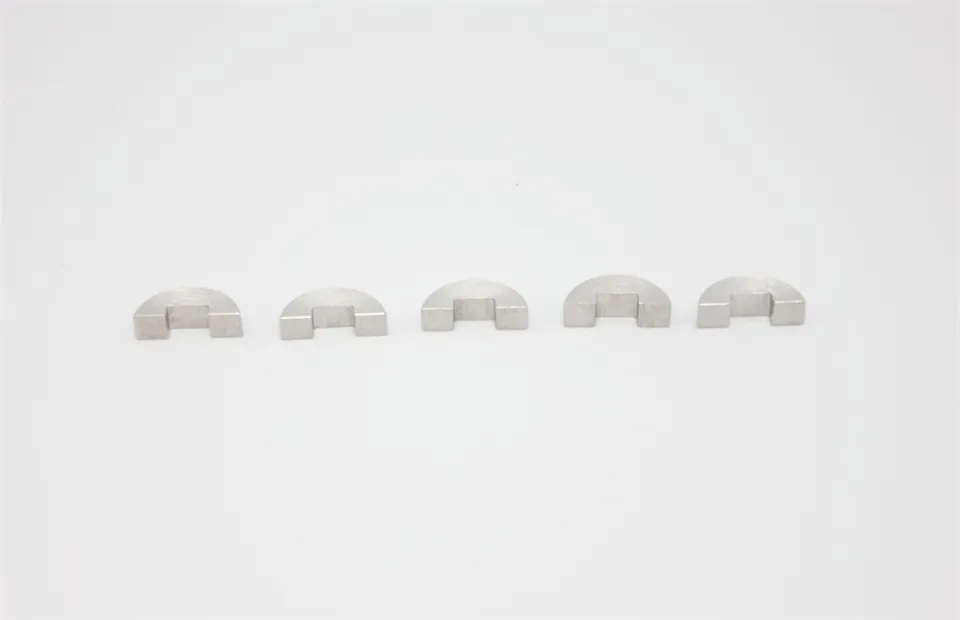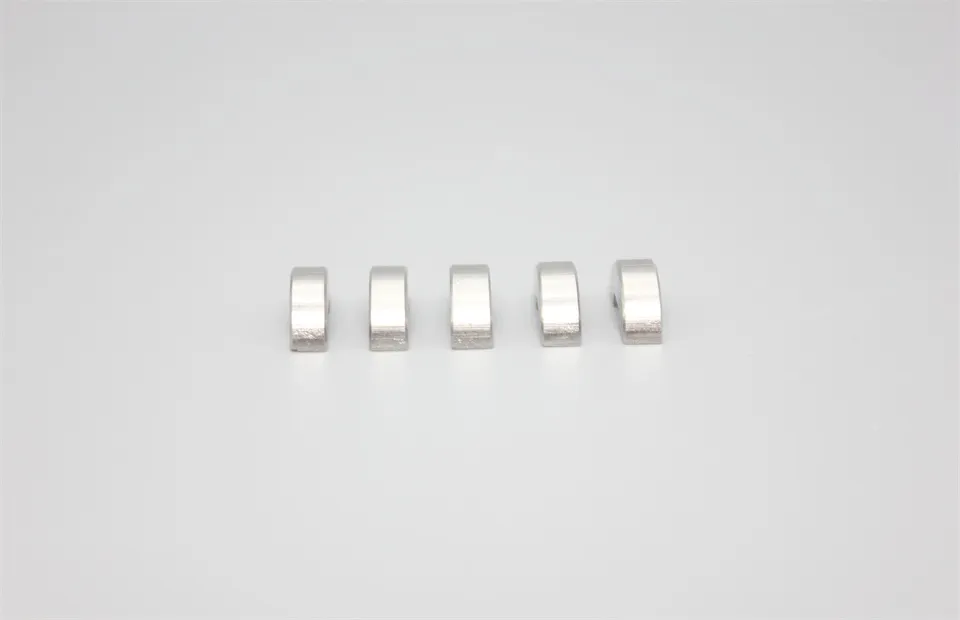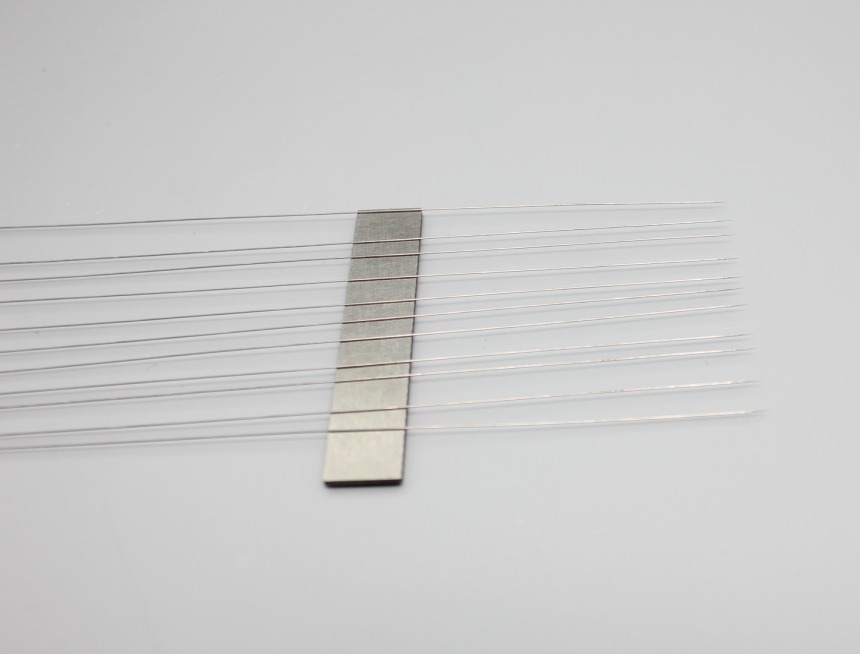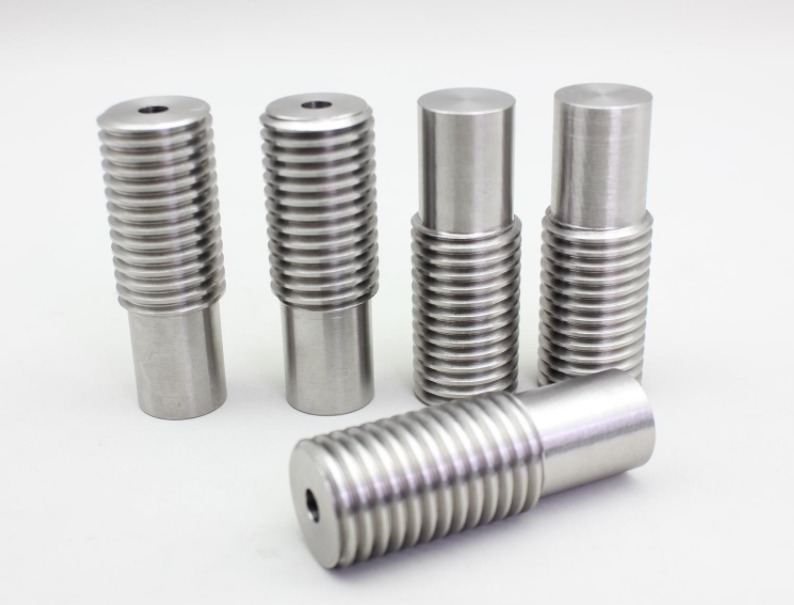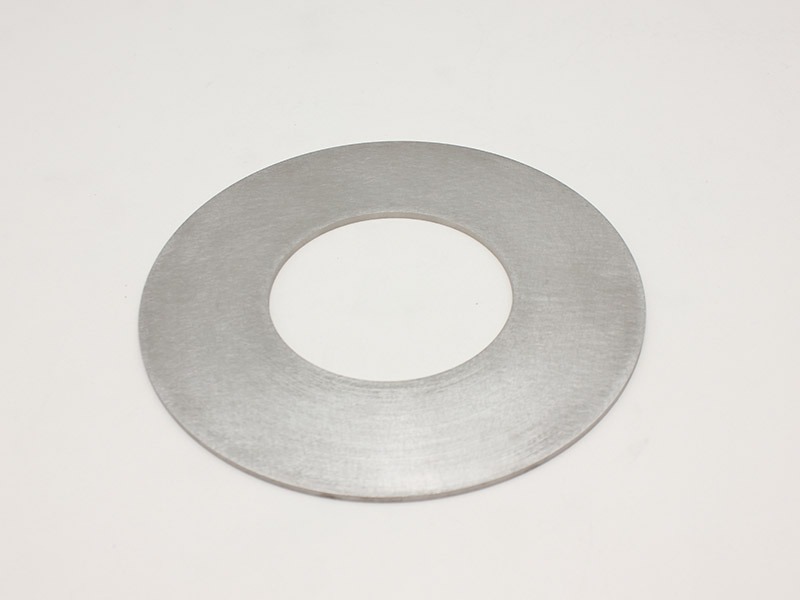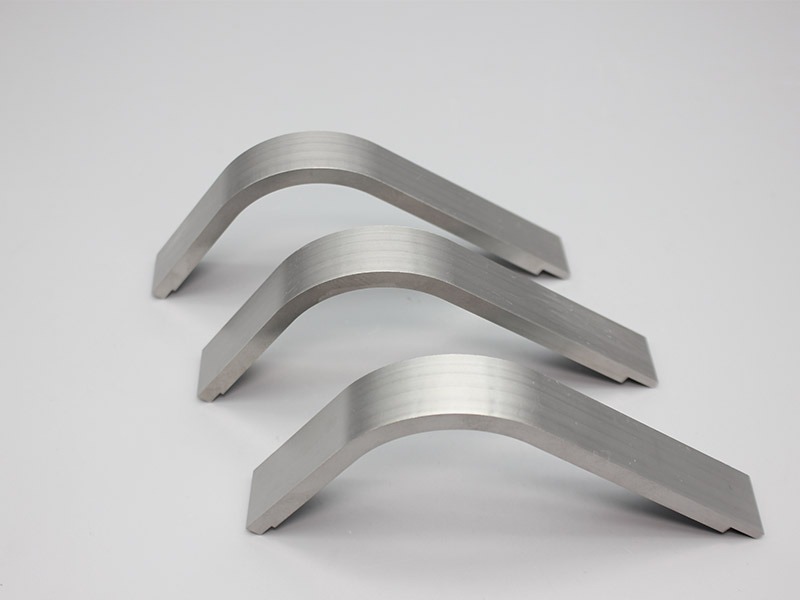Tungsten Heavy Alloy (WNiFe, WNiCu)
| Payment Type: | T/T,Alipay,Western union etc. |
| Incoterm: | FOB,CIF,EXW,FCA,Express Delivery |
| Min. Order: | 5Kg |
| Transportation: | Ocean,Air,Express |
Attributes
Model No.: JDTG-CM-021
Brand: ZZJD
Place Of Origin: China
Size: Custom-made
Material: WNiCu
Density:18.10±0.15g/cm³
Lead Time: 30days
Application: Electronics, Industry
PACKAGING & DELIVERY
Selling Units : Kilogram
Package Type : Standard export packing
DESCRIPTION
WNiFe (tungsten-nickel-iron) and WNiCu (tungsten-nickel-copper) alloys are types of tungsten heavy alloys (WHAs). These alloys are known for their high density, excellent mechanical properties, and good corrosion resistance, making them suitable for various engineering applications.
Key Characteristics of Tungsten heavy alloy:
1. High Density:These alloys have a high density, typically around 17-18 g/cm³, which is close to that of lead but without the toxicity issues.
2. Mechanical Properties:They exhibit excellent strength, hardness, and wear resistance, which are critical in demanding applications.
3. Corrosion Resistance:The addition of nickel, copper, and iron enhances the alloy's resistance to environmental corrosion.
4. Fabrication:They can be machined, formed, and heat treated similarly to other metals, though special techniques may be required due to their high hardness.
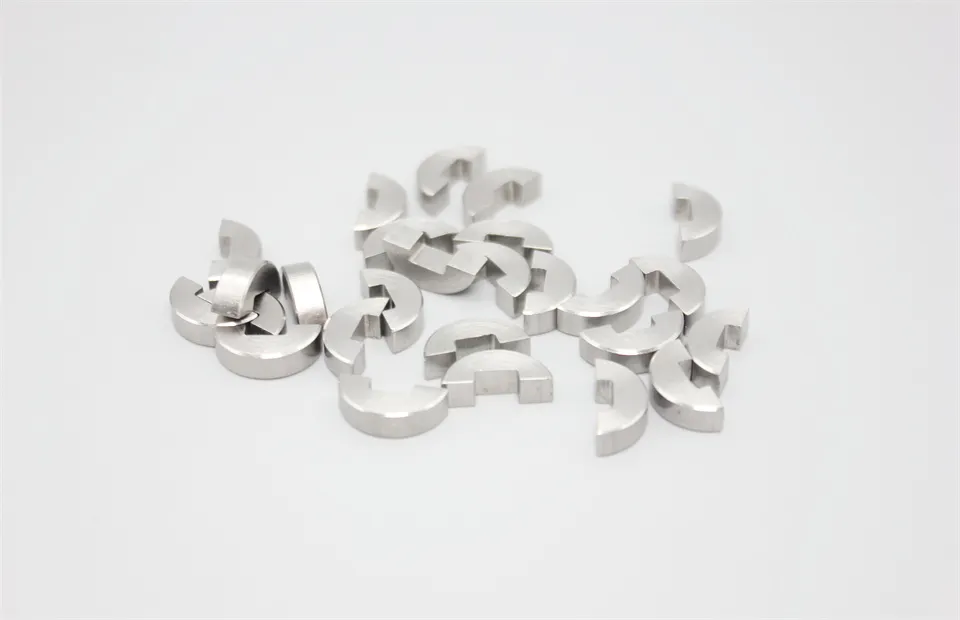
Applications of Tungsten heavy alloy:
- Aerospace:Used in counterweights, vibration dampers, and other structural components.
- Defense: Components in weapons systems, such as kinetic energy penetrators and balancing weights.
- Medical:Shielding materials for radiation protection.
- Industrial:Balancing weights, flywheels, and other precision components.
Composition:
- WNiFe:Typically consists of about 70-90% tungsten, with the remainder being nickel and iron.
- WNiCu:Contains similar proportions of tungsten but with nickel and copper instead of iron.
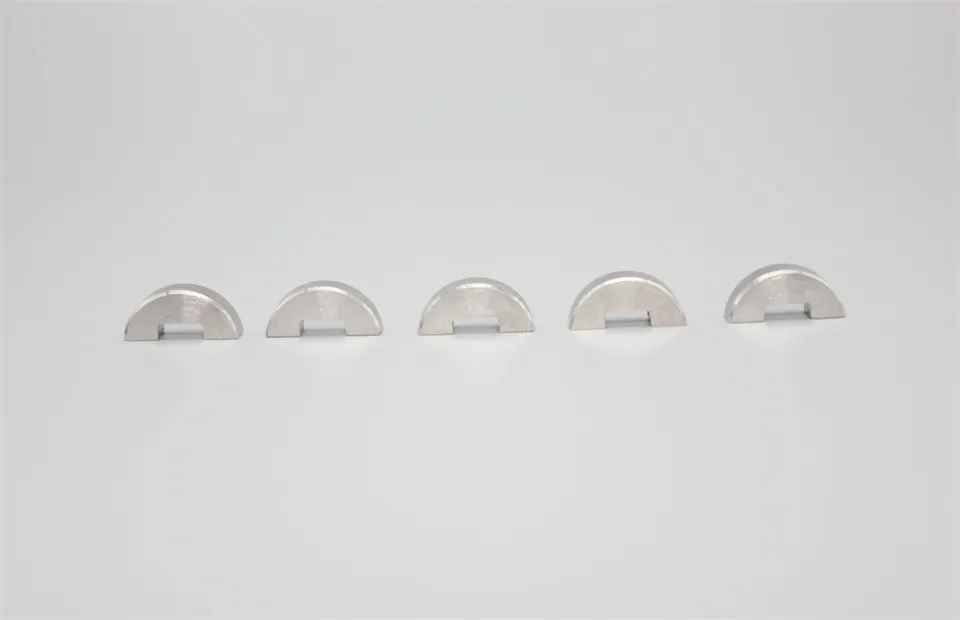
Manufacturing Process:
These alloys are often produced through powder metallurgy techniques(MIM), where tungsten powder is mixed with nickel, iron, or copper powders, compacted under high pressure, and then sintered at high temperatures to form a solid component.

 EN
EN AR
AR FR
FR DE
DE HI
HI IT
IT JA
JA KO
KO PT
PT RU
RU ES
ES ID
ID LV
LV VI
VI HU
HU MS
MS GA
GA BE
BE YI
YI EU
EU